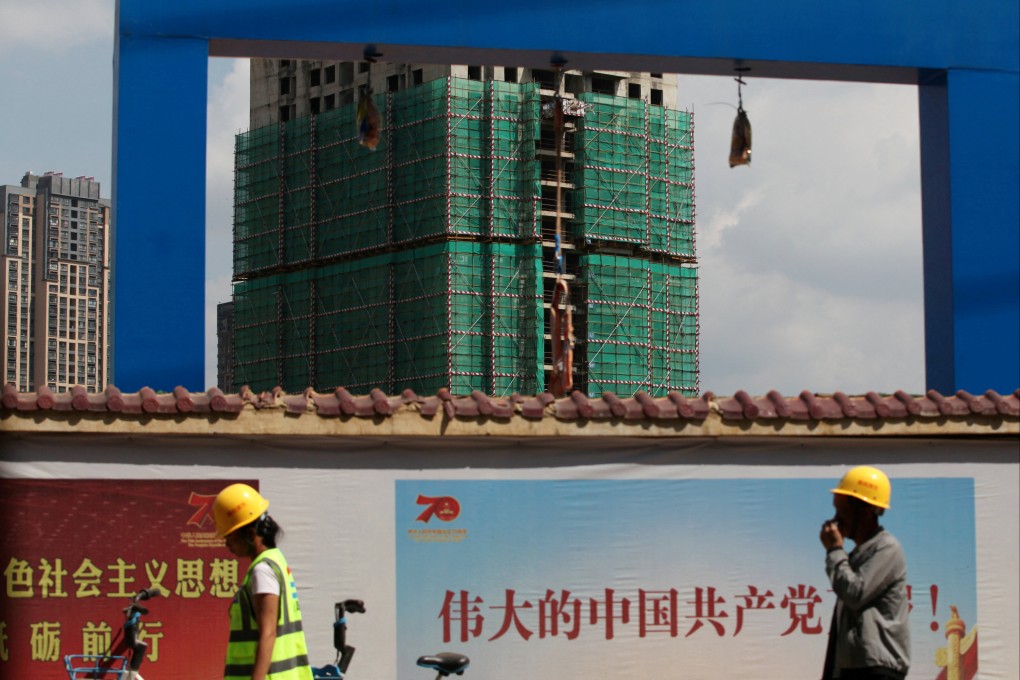Advertisement
Country Garden crisis: why a default isn’t the worst possible news for embattled Chinese property developer
- The problem is that companies can borrow a lot of money and not deliver a sustainable solution while trying to avoid a default, executive at restructuring firm Alvarez & Marsal says
- Country Garden and its subsidiaries face more than US$2.5 billion in coupon payments and maturities before the end of this year, according to JPMorgan
Reading Time:3 minutes
Why you can trust SCMP
3

While the cash crisis at Country Garden Holdings has stirred a range of concerns – about the property developer’s future, other firms following suit and contagion risk – a default is not the end of the world, restructuring and property analysts said.
Once China’s biggest property firm, Country Garden is on the brink of default after missing two US-dollar coupon payments worth US$22.5 million earlier this month, and suspending trading in 11 onshore bonds last Monday. Whether it can make these coupon payments within a 30-day grace period, and repay on time the rest of its loans and coupons becoming due next month, will determine whether the developer is truly in default.
A default might, however, be the better option for a firm sometimes, so that it can preserve cash and keep operations stable to maintain value for all stakeholders, said Ron Thompson, managing director at global restructuring consulting firm Alvarez & Marsal (A&M) Asia. A&M was appointed the receiver for China Evergrande Centre in Hong Kong last September by lenders of embattled property developer China Evergrande Group.
“Defaulting is not the end of the world,” Thompson said. “The problem with some of these companies is, in order to avoid a default, they borrow a lot of money and incur a lot of costs without delivering a sustainable solution.”
Country Garden made its intentions clear in a statement this month and said it would “do everything possible to save ourselves, and do our best to ensure delivery and credit” while ensuring the delivery of its projects and debt repayments.
Advertisement